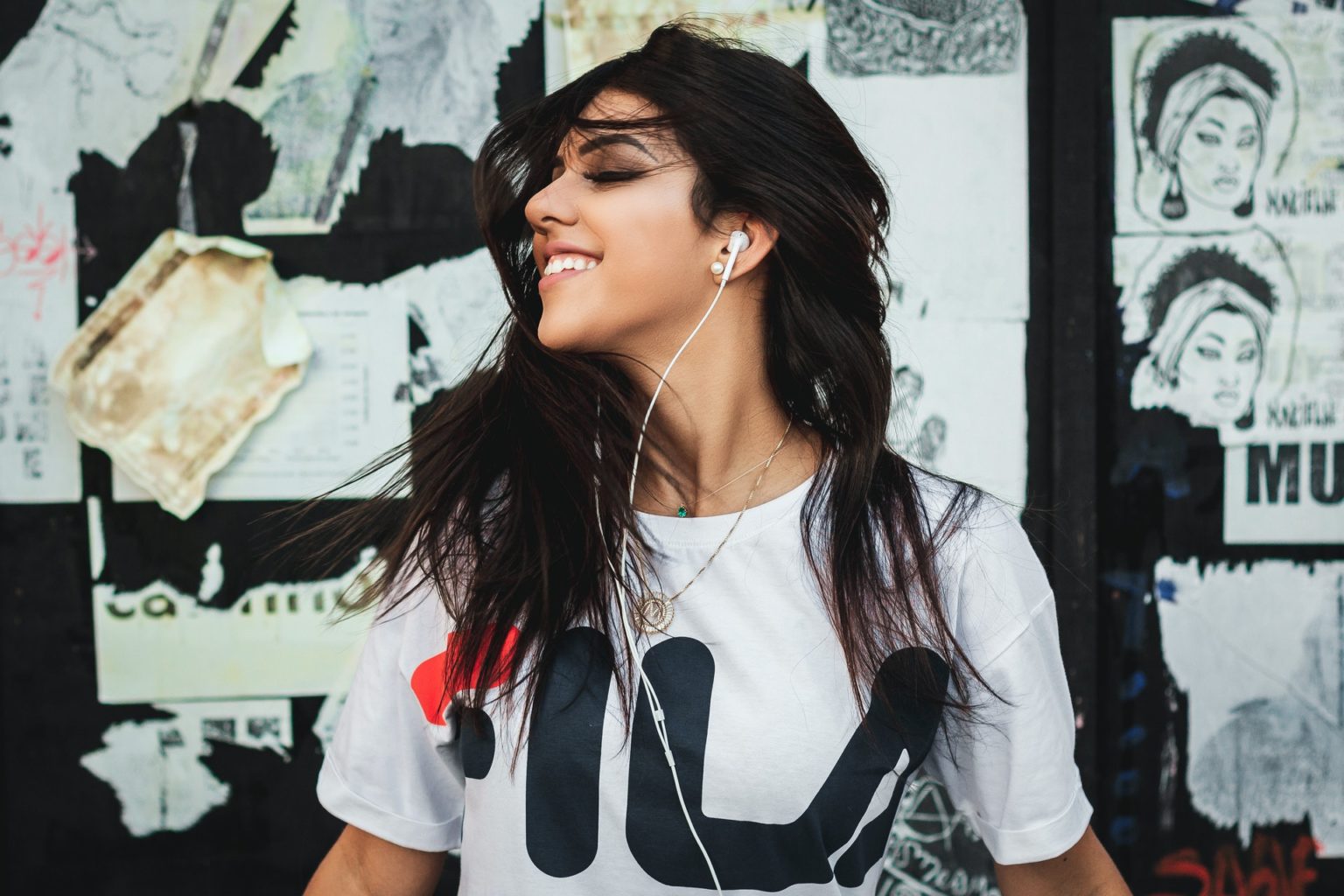Online Concert Licensing and Royalties Take Center-Stage:
It’s no wonder online concerts are growing in popularity—they’re a great way for musicians to connect with their fans during this time of physical distancing. However, there are more music licensing and royalty considerations for online concerts compared to live in-person shows. This blog identifies some of these considerations.
This chart summarizes some licensing considerations when comparing online concerts to live in-person shows. It can help guide concert promoters to festivals that are moving fully or partially online. The focus of this blog is on commercial concerts, meaning concerts that usually are sponsored, promoted, and/or ticketed. This blog is not about user generated content, or musicians who go live randomly to sing and interact with their fans.

Join Our Community
Be the first to read new articles, industry news, and more. Sign up to our newsletter today!
Online Concert Licensing and Royalties Considerations:
|
The Intellectual Property |
In Person Concert |
Online Concert |
|
Artist’s performance
|
An artist agrees to perform at the concert in person, for a fee. This is generally documented with a performance agreement. | An artist agrees to perform at the concert online, for a fee. This is generally documented with a performance agreement.
Factors to consider for online concerts: different revenue models, how long the concert will be available online, whether the performance will be pre-recorded, if it will be geofenced, the extent of the radius clause, and the online platform or tool being used to watch the concert. |
| Artist’s performance of compositions
|
The presenter pays SOCAN a fee for the right to publicly perform the compositions, regardless of whether they are written by the artist.
|
The presenter needs the following licences:
(a) a licence to publicly perform the compositions; (b) a licence to mechanically reproduce the compositions, both for the initial online performance and all further online uses ; and (c) a license to synchronize the compositions with video recordings of the concert.
These rights apply even if the performing artist did not write the compositions.
Additional notes are provided in part 2 of this online concert blog. |
| Pre-recorded masters | If backing tracks are used during a performance, the owner of such recordings must provide permission for their use. These rights might be owned by the performer. | |
| Master recording of the concert | If the presenter owns it, the artist should seek an arrangement for use of the recording for promotional purposes, and a share of future sales of the recording. |
If the artist owns it, the presenter should likely seek the exclusive right to use the performance. |
Upcoming Information:
In Part 2 of this blog I will provide additional information about performance rights royalties, mechanical reproduction rights, and synchronization licenses.
How Can We Help?
- We work with presenters, including festivals and online concert venues, to help ensure they have the rights they need when presenting online concerts.
- We work with writers, performers and managers to help them navigate their rights, clarify entitlements among writers and producers, and help ensure available royalties are being collected.
Recent Blog Posts:
Online Concert Licensing and Royalties – Part 2
Termination Clauses in Employment Contracts
COVID-19 Killed My Tour – Rights and Obligations – Part 1 – Venues
COVID-19 Killed My Tour – Rights and Obligations – Part 2 – Partners
Updated to November 9, 2020
Edwards Creative Law is a boutique law firm provides legal services to Music, Film and TV, and Interactive Digital Media industry clients. For more info and blogs, please visit www.edwardslaw.ca
© 2020 Edwards Creative Law
* This article is for general informational purposes only and is not to be construed as legal advice. Please contact Edwards Creative Law or another lawyer, if you wish to apply these concepts to your specific circumstances.




